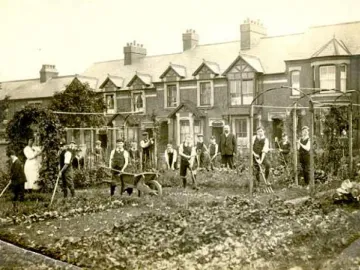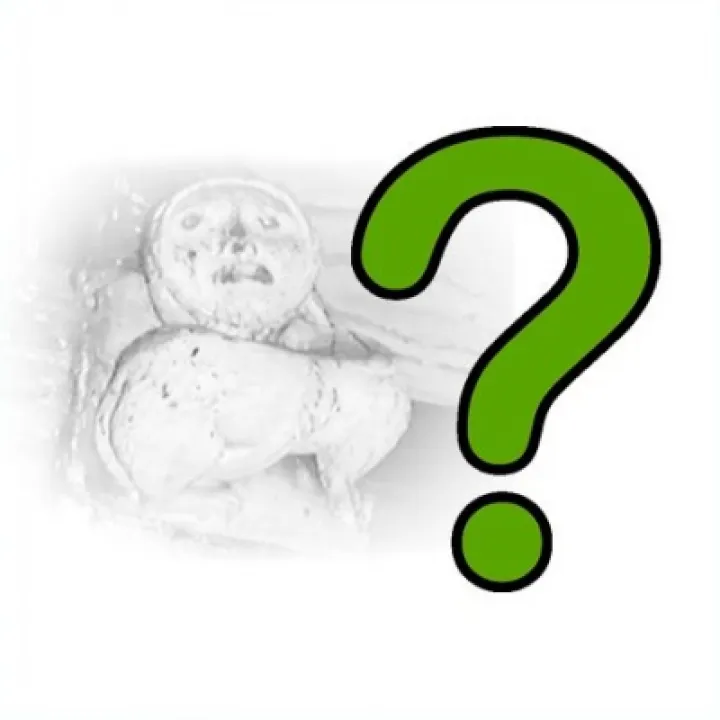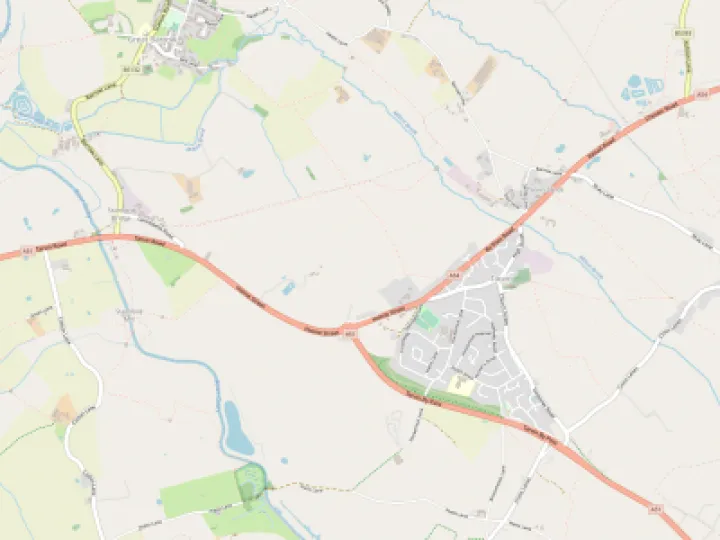Remembering the First World War – Tarvin Does its Bit
Throughout the war, the village did all it could, not only to assist their country but also to help the community to live as normal a life as was possible. The churches continued to minister to their parishioners as well being a focal point for the community war effort.
The Allied Relief Fund had been set up and Tarvin collected contributions. The Courant of September 27th 1916 reported that Rev Wilcockson had received £17 16s 6d from the secretary, Mr Beckett. In March of the following year, a War Savings Association was formed for Tarvin and District. Rev Wilcockson was appointed Chairman with Mr Blissit as Secretary and Mr John Lloyd as Treasurer. The first meeting took place in Tarvin School on Monday March 5th 1917 at 3:45 pm. The aim was that by joining the Association, small investors would buy War Savings Certificates which were used to help fund the war effort.
Most of the people living in Tarvin at the time would have been engaged in agricultural work of some kind so appeals to grow more food resonated with the villagers. In March 1917, the St Andrew's Parish magazine carried this appeal:

'Owing mainly to the harvests abroad and to the large amounts of ships required for the Navy and the Army, and partly to the submarine menace, it is the obvious duty of everyone living in the country as we do to grow as much food as possible. Lawns will go unmown and flowers will have to take their chance. Potatoes and vegetables of all sorts, we must grow for all we are worth. The rifle is no good without the spade and we must use the spade to some purpose this time.'
A month later on, April 27th The Courant reported:
'In Tarvin practically all are engaged in work of national importance either munitions or agriculture including 87 acres of small holdings. There are also 37 acres of allotments varying from ½ to 1acre plots.'
On Easter Monday 1917, Tarvin Parish celebrated its first War Wedding between Sergeant George Wright and Elizabeth Potts of Winsford. Before the war, George had been a member of the church choir so he and his bride were given a full choral wedding service with large numbers of friends crowding into the church. The May edition of the Parish Magazine wrote, 'We wish Sergeant Wright a safe and speedy return, for he has returned to his duties in the Balkans. And to him and his wife long life and happiness in the peaceful days which we all hope God in his mercy will send us soon.'
The war caused a chronic shortage of clergy in churches all over the country as more and more of them left to serve as chaplains to the military. At St Paul's in Crewe, the vicar was left to minister to 17,000 parishioners single handed and staff from Tarvin churches went regularly to help him. The shortage led to more and more lay ministers being inducted into the church. In June 1917, the Headmaster of Tarvin Grammar School, Mr Trott was inducted into office. Without the help of so many lay people, it would have been impossible for the churches to carry on their important work at a time when the level of suffering meant that many more parishioners turned to the church for comfort and guidance.
In early 1918, rationing was introduced. Agriculture and food distribution had suffered from the strains imposed by the war and naval blockades reduced food imports. The war took men and horses away from farm work and imports of nitrate fertilisers were hit. Poor wheat and potato harvests in 1916 led to shortages and price increases and Germany's announcement, in February 1917, of unrestricted submarine warfare threatened merchant ships importing food from overseas. By late 1917, it was clear that the government needed to act to ensure fair access to food. Rationing began with sugar in January 1918 and by April meat, butter, cheese and margarine were added to the list. Ration Books were issued and everyone had to register with a butcher and a grocer.

Despite the many privations of war, Tarvin people continued to donate towards Christmas parcels for soldiers. In December 1917, parcels were sent to men serving in France, Mesopotamia, Salonica and Egypt. And this continued after the signing of the treaty which ended the war. In December 1918 the village sent out 112 Christmas parcels to Tarvin men still serving abroad and to those who had returned home.
On November 2nd 1918, Private Kenyon, who had been receiving Tarvin parcels throughout the war, wrote this letter to Mrs Moreton when he returned home:
'Dear Madam, A few lines to you and my kind friends in the village of Tarvin to let you know that I have arrived safely in dear old England after four years and three months a prisoner and I thank you for your kindness to me during my hardship in Germany. It is with the kindness of you all in sending me parcels that I am alive today and I thank you all from the bottom of my heart for it. I would like to come over and see you and thank you for your kindness if you will let me know when it will be convenient for me to see you. I am at present on two months leave in Chester with my wife and family who were so delighted to see me after so long away. Well madam, I will close wishing you and all my kind friends in your village the best of luck and may God bless you all for your kindness to me during my sufferings in Germany. Believe me to be, Your obedient servant J KENYON'
Quick Links
Get In Touch
TarvinOnline is powered by our active community.
Please send us your news and views.







